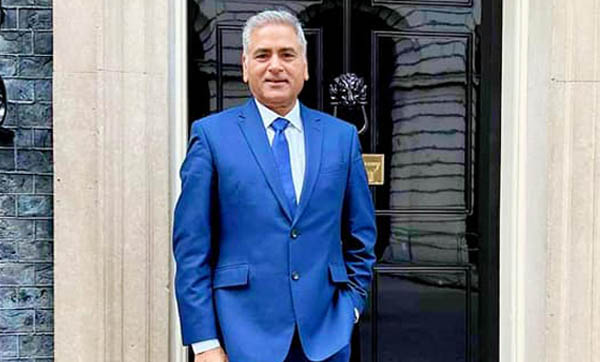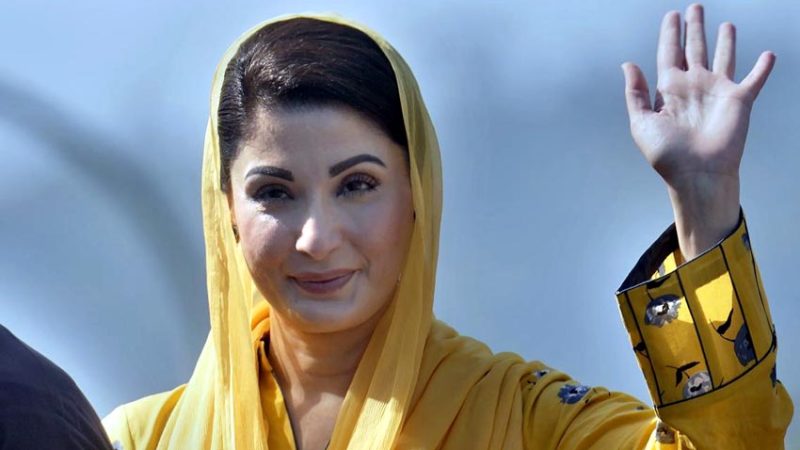Legal amendments must undergo negotiations & debate to get consensus

By Dr Ashraf Chohan
Ex MPA
Chief Editor Daily Rapid News
I have written this article to highlight the ongoing political and legal challenges in Pakistan, with a particular focus on the tension between the executive, judiciary, and legislative branches.
The key issues are that
Pakistan is facing a variety of crises, including economic struggles (inflation, debt, IMF negotiations), terrorism, and regional instability in provinces like Khyber Pakhtunkhwa (KPK) and Balochistan.
The government is also locked in legal disputes with the judiciary, particularly regarding constitutional matters and electoral reforms.
There is a need for clearer delineation of powers between the judiciary, executive, and legislature to ensure checks and balances. A significant point of tension is ensuring the supremacy of parliament while maintaining judicial independence.
Recently, the government has struggled to pass key legislative reforms due to a lack of cooperation within parliament by an almost pro government party JUI while opposition parties, notably from the PTI (Pakistan Tehreek-e-Insaf) is already on a mission of non cooperation always ready to fight and to take a solo flight. Today’s opposition is tomorrow’s government.
The Disagreements within parliament have created a backlog on very important legal matters. Perhaps government tabled voting plans so prematurely.
The Way Forward I suggest that the government should prioritize constitutional amendments that can gain consensus among political parties, especially those not in alliance with PTI, while maintaining the supremacy of parliament and judicial independence.
The long list of ambitious legal changes would have earned support of PPP and PMLN who are in government but parties like JUI who were already in talks with PTI were bound to disagree.
A stable governance framework is essential to ensure democratic integrity.
I am concerned that the ongoing chaos could destabilize not only the government but also the functioning of parliament, worsening the political situation in the country. The balance between these key institutions is crucial for Pakistan’s democratic stability.
Legal amendments often undergo a process of revision and reduction as they are debated and negotiated by legislators However, any final version of an amendment must still be voted on by the legislative body, such as a parliament or congress, before it can be enacted into law. The process typically includes multiple steps like committee reviews, debates, and votes, ensuring that the final amendment is carefully considered before approval.







